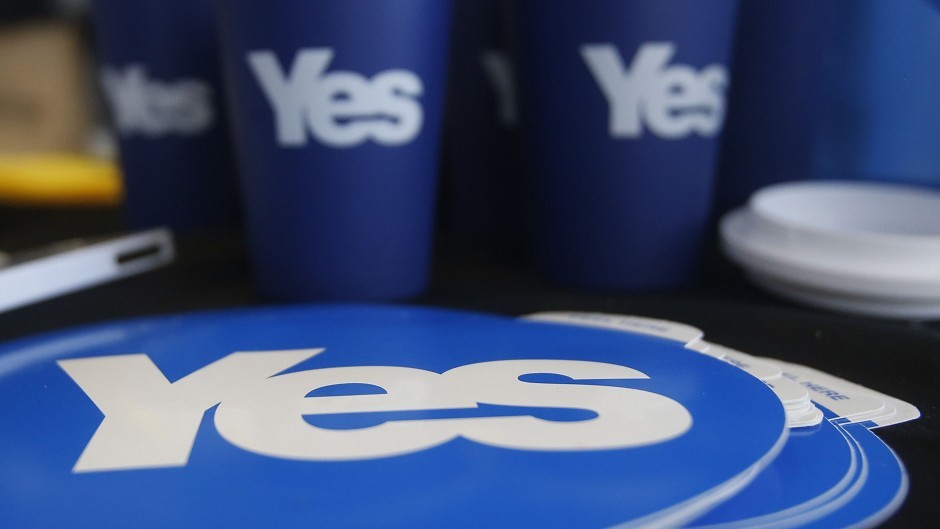Campaigners on either side of the Scottish independence debate have failed to get their messages across to small businesses, a new survey has shown.
Small to medium sized businesses are “hungry” for information on the upcoming referendum, the Federation of Small Businesses (FSB) said.
But those who have read the manifestos – either the Scottish Government’s White Paper or UK government analysis – more than half reported that they “didn’t find them useful”.
Meanwhile, one in five Scottish businesses (18%) said that the referendum had influenced a business decision in the last year and two in five (38%) thought independence would mean business operations or business plans would have to change.
Almost three fifths (58%) of FSB members polled categorised the debate so far as poor or very poor – with almost all respondents (97%) highlighting the economic prospects of an independent Scotland as an important issue.
But referendum campaigners can take heart that two in five small businesses say new data could sway their vote in the upcoming vote.
Andy Willox, the FSB’s Scottish policy convenor, said: “Our survey work suggests that our members are hungry for information but their appetite is not being sated by the campaigns.
“While we’re maintaining our neutral stance, both sides of the debate have a job to do if they’re looking to win over that 40% of the small business vote who could be swayed by new, quality information.”
The poll of 1,800 Scottish business owners also revealed that less than one per cent of the respondents said that they planned not to vote.
